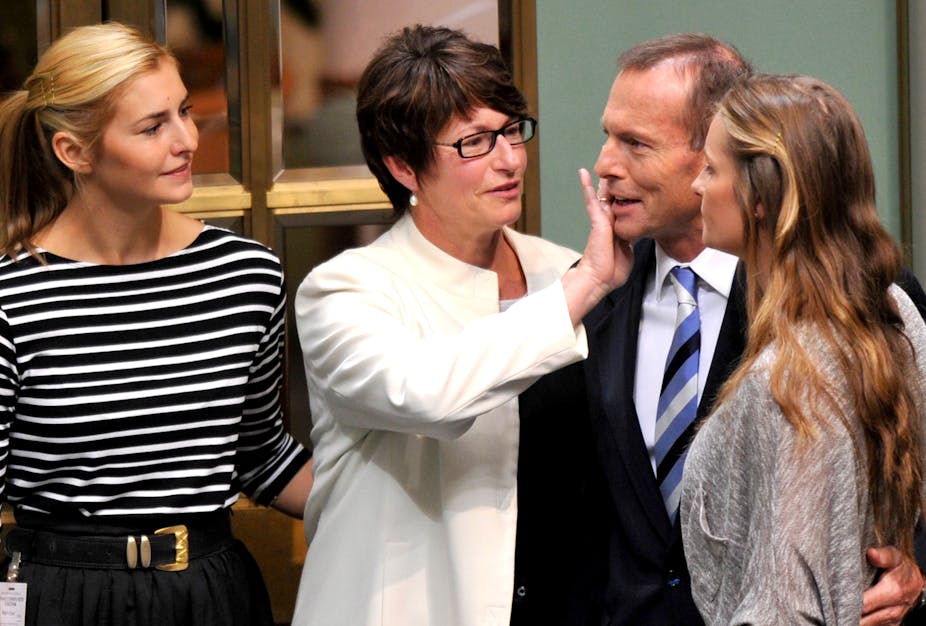“We are animated by but one desire — to do that which is best for Australia, and fair, just, and equitable to all the states, and to all classes and sections of our community.”
This quote comes from the Australia’s first-ever Treasurer, Sir George Turner. He goes on to say:
“Another grave responsibility which rests upon us at this particular time is to take the utmost care that there shall be no extravagant expenditure.”
Fast forward 100 years later; the Liberal 2001-02 federal budget delivered by Peter Costello sets the budget priorities as ‘building a more effective welfare system that rewards work’, ‘targeting income support’, ‘improving telecommunication services’ and ‘developing and retaining Australian skills’.
If one then skips to Wayne Swan’s budget for Labor this week, the priorities and constraints do not appear much different.
The 2011-12 budget again sees welfare to work as a priority, and supposedly cuts extravagant expenditure.
The priorities in the budget are in general reasonable, but the actual measures taken are evolutionary rather than revolutionary.
The problem with this approach is that this budget - and most of the budgets of the past decade - have done little to set Australia up for the 21st century.
Too much middle class welfare
There are two fundamental problems with recent budgets. Firstly, there is simply too much ‘middle class welfare.’
Secondly, the budgets do not effectively tackle long-term issues relating to what Australia will look like after the mining boom has run its course.
Media coverage since the budget has picked up on the budget cuts to middle class welfare – for the most part these articles present the budget as an ‘attack’ on the middle class.
However, middle class welfare is just not affordable or necessary.
We might bemoan the fact that cuts to family benefits to those earning $150,000 might make life a bit tougher for households on those incomes and a little less.
But households earning $150,000 are not poor. They may not be rich, but they are not poor. And we should not redistribute income to those who are not poor.
The problem with redistributing income to the middle class is that to do so requires high taxes on all Australians.
It would be nice if we could take $10 per week from all, and return $15 to all, but that is not how a budget works.
It makes much more sense to tax as we currently do, and only return through the welfare system payments to the poor – probably the bottom two deciles of the income distribution or thereabouts.
Middle class welfare is robbing Peter to pay Peter. John Howard found that this was terrific for winning votes, but it is terrible economics.
Wayne Swan has made the first modest cuts to middle class welfare, but these cuts should be much more significant.
Charting our course past the boom
The second issue is the failure to chart a course for the next 20 to 30 years. Australia needs to have a much more skilled workforce, and far better infrastructure if we are to employ workers at high incomes in thirty years from now.
Changes to Infrastructure Australia are welcome, though on infrastructure state and federal governments are dithering.
I regularly visit China, and second tier cities in China now have much better public transport networks than Melbourne or Sydney.
Nanjing, about 250km west of Shanghai, is a city about the size of Melbourne or Sydney. It is now possible to travel to Nanjing in one hour by train from Shanghai.
On arrival at either city the subway is connected to the train system and can take you to any part of the city.
In contrast Melbourne and Sydney have not had major public transport improvements for 50 years, a period over which population has doubled.
I despair when thinking what traffic and public transport will be like if Melbourne’s population increases to the projected figure of 8 million by 2050.
And on education the fear is that we have insufficient skills to fall back on when the mining boom has run its course.
On measures of innovation and entrepreneurship Australia is middle of the road among OECD countries. Countries such as Singapore have recently taken significant steps to try to increase the entrepreneurial capabilities of its students and workers.
Singapore does not have any mineral wealth, and has to rely on the capabilities of its people to generate wealth. Australia needs to think ahead to the days when we will need to use our brains rather than our brawn in order to create wealth. On this front the budget and public policy more broadly fails miserably.
Cuts to middle class welfare are necessary to create the funding to support infrastructure and education and so provide a proper platform for future prosperity.
Handouts might win votes, but they are very poor public policy.

